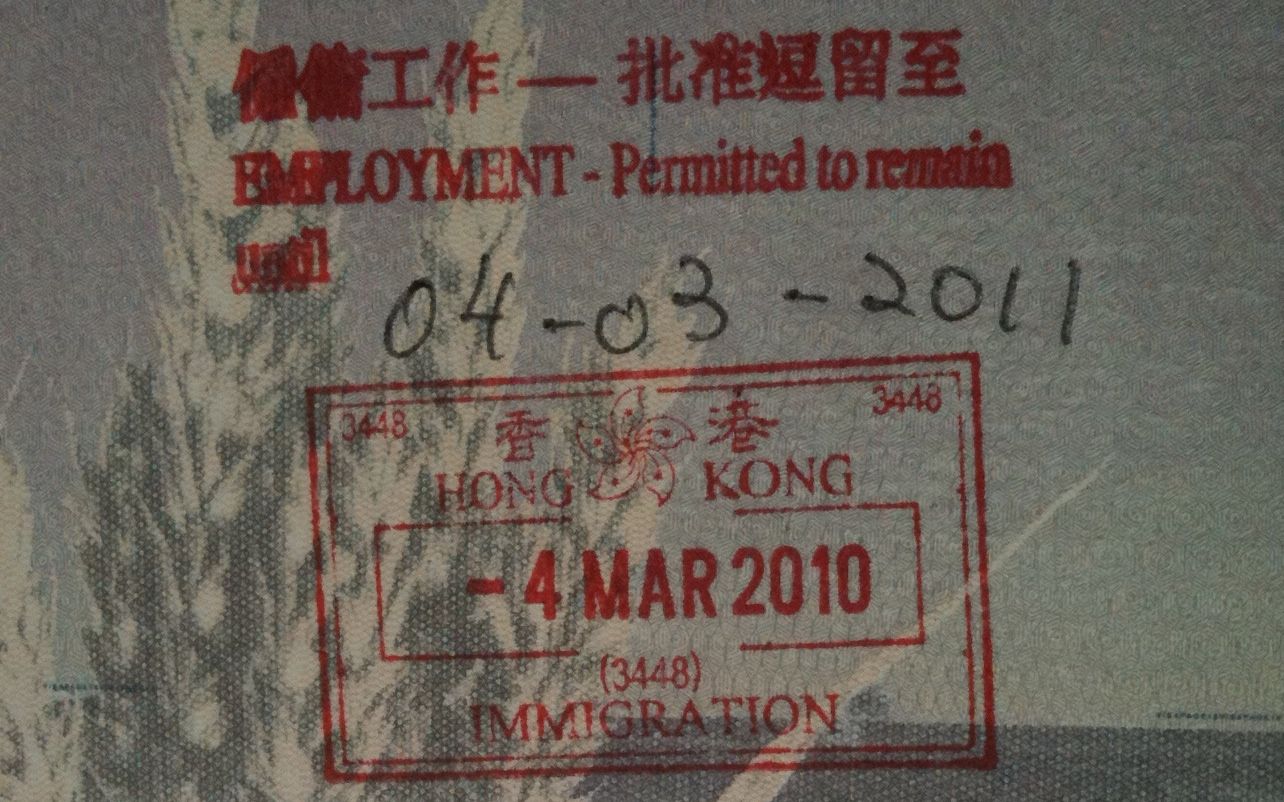The digital nomad is dead
Covid-19 killed the digital nomad. Learn from their mistakes so you can plan for a sustainable remote work future.

Hong Kong, Singapore, Thailand, Canada, China, Vietnam, Switzerland, New Zealand, Indonesia…
The list of destinations closed to foreigners or non-residents in during the Covid-19 pandemic 2020 reads like a list of dream destinations on NomadList. If you’re a digital nomad today, you’re either stuck in lockdown back in the country you were born or stranded in a country that no longer wants you there, begging for a visa extension so that you don’t get deported. The tide went out and it turns out the digital nomads were swimming naked.
Digital nomads are temporary guests and when the party’s over, guests are the first ones asked to leave. They don’t have any right to stay and work…they are just visiting. If you like the party, you don’t want to be asked to leave.
My story
I’m often mislabeled as (accused of?) being a digital nomad - usually by friends with corporate office jobs they want to escape. They come to this conclusion when they see that I never have to work in an office and have the freedom and flexibility to travel when and where I want.
Truth is, I’ve never really been a digital nomad because I learned early that it wasn't sustainable. I was born in the USA and have lived and worked in both China and Hong Kong, running my own businesses in both. When I first moved to China, I considered doing what many others did, entering on a tourist visa and running a unregistered business under the table. Many recommended this path including the chief executive of the China subsidary of a famous US multinational.
The people I met who took this path led lives of frequent visa runs and lived with the uncertainty of when they'd be caught or if they'd even be allowed re-entry. At the time, this didn't seem sustainable to me and it seemed like one more risk that I as an entrepreneur already taking a bunch of risks didn't need to take.
I decided to mitigate this risk by setting up a local legal entity for my business and sponsoring work and residence permits. A bit more effort up front for a lot less hassle down the road. Similarly, when I wanted to move to Hong Kong, I took advantage of their work visa for entrepreneurs and after multiple extension of stay applications and seven years, I was granted permanent residence.

Your story
This doesn’t mean you should give up your dream of traveling the world and finding the place that works best for you. Be a temporary digital nomad. Travel to places you think you might like and try working remotely from each for a few months. Try each place on for size. Pick the one that you think you might want to call home and do what you need to do to stop being a temporary guest and become a permanent member of the community.
Once you find a place you’d be happy to call home, start thinking like an immigrant. Check out the website of the agency or department responsible for issuing visas for your potential home. Many places are desperate for smart, talented people and welcoming to startups and entrepreneurs. You might even be entitled to citizenship or residency because of the heritage of your ancestors. Take advantage of these programs. If you can't find something that works, try somewhere else. Go where you are treated best. You deserve it!
Being a digital nomad is like playing a game of musical chairs crossed with Russian roulette. It’s fun and exciting to play the game, but when the music stops like it has in this pandemic, you don’t want to be left without a place to sit. There can be serious consequences. Learn from the mistakes of today’s digital nomads and plan ahead so the next time the music stops, you end up in the place you want.
